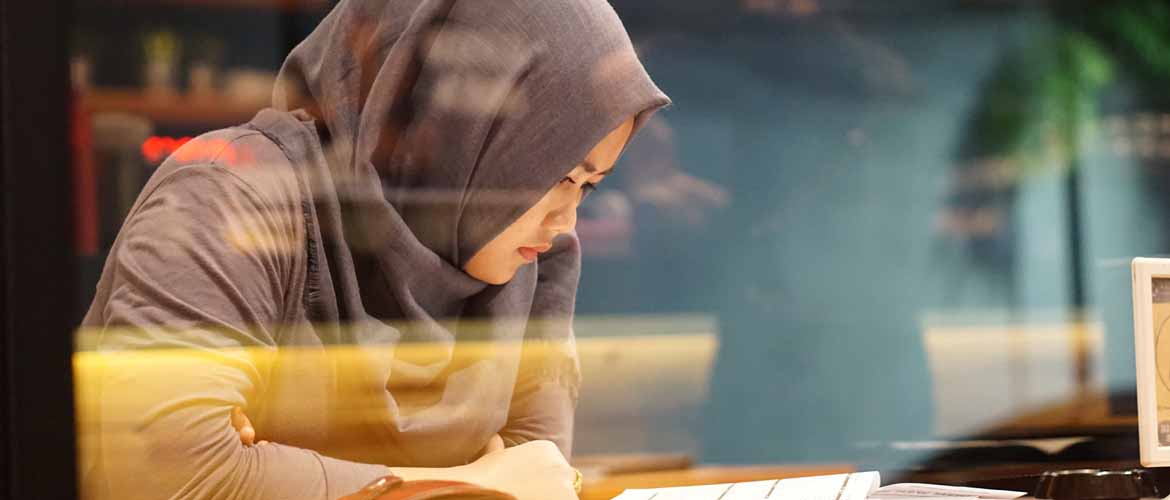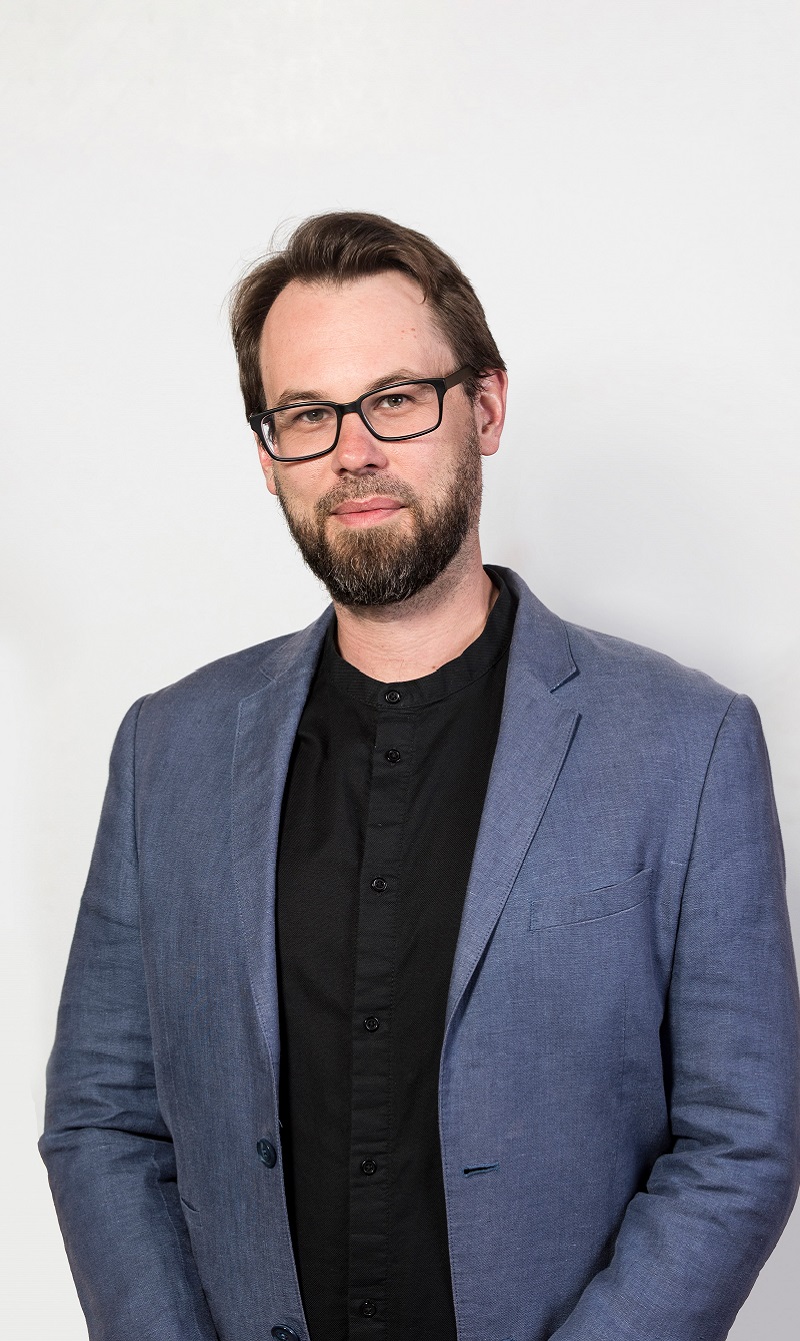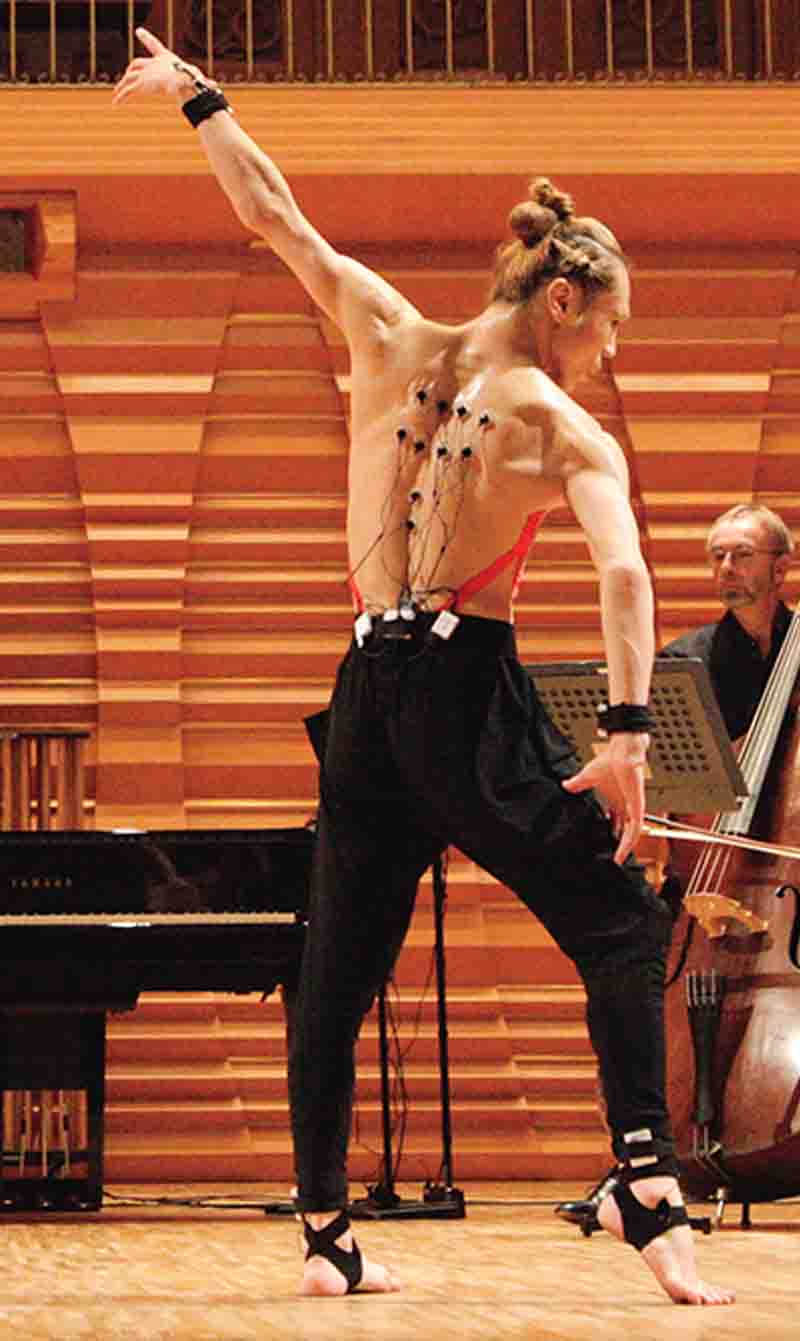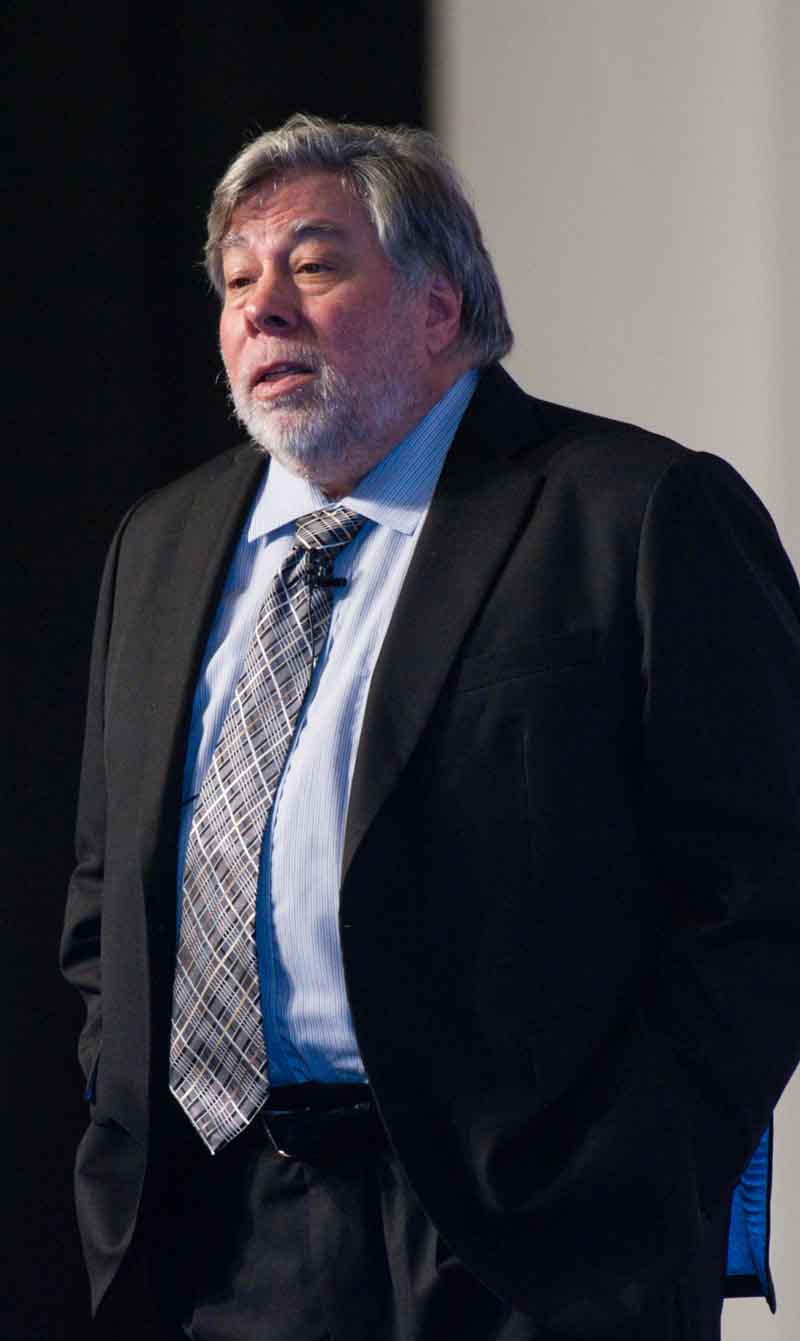Micro-businesses need more than capital
Micro, Small and Medium Enterprises (MSMEs) are expanding rapidly as many individuals are starting their own micro-businesses, with a total of 57 million MSMEs in Indonesia alone. MSMEs have the potential to resolve issues such as unemployment but they require assistance in funding and market access before they can boost their contribution to a nation’s economy.
Capital is the key when setting up any business, but James Digby, who is co-founder of Rockstart Accelerator and founding chairman, Global Startup Awards, Denmark, said that guidance and supervision over financial management were equally crucial for startups and micro-businesses. The goal was to develop entrepreneurial talents so that the sector could move forward: ‘It’s not just about having the process of giving out money. How you also ensure the money is used wisely and then used to further develop not only entrepreneurs and their families but also the community that surrounds them,’ he said.
Dr Atef Elshabrawy, global expert of the Middle East and North Africa Region (MENA), International Council for Small Business, Bahrain, said that the world was changing and entrepreneurs must adapt to avoid being left behind. Micro-businesses must alter their mentality to embrace the technological age as customers have changed over the past 10 or 20 years. With the internet, customers have become more aware and informed, their expectations are now higher and they demand better quality and reasonably priced products.
Even the stereotypes of entrepreneurs themselves have shifted. Many micro-enterprise and startup owners today are educated, more creative, innovative and open to new ideas and concepts. ‘In Europe alone, about 33 million people are self-employed and the move of people who are leaving their full-time jobs to work for Uber or similar platforms or start their own companies is increasing,’ Dr Atef said, adding that ‘micro-enterprise has become one of the engines of economic growth and democratisation as anyone can be an owner of an enterprise now.’
A social and solidarity economy
Sandiago S. Uno, who is vice chairman of Micro, Small and Medium Enterprises, Cooperatives and Creative Economy from the Indonesian Chamber of Commerce and Industry, said that Indonesia was focusing on a social and solidarity economy for its 57 million MSMEs. The sector’s growth, he said, could be enhanced through marketing and supply chain management capitalising on growing productivity and the ability to meet market needs. Santiago also noted that technology is a game-changer that enables MSMEs a wider reach. MSMEs need to take advantage of this to improve and expand their businesses. He also added that even though Indonesia has a strong core of cooperatives, they were not fully optimised. If such cooperatives were fully utilised, he believed it would bring prosperity to MSMEs and tackle unemployment.
According to a report by the international consulting firm McKinsey, close to 75 percent of the Indonesian population has migrated from rural areas to cities, leaving the rural economy stagnant. Coupled with the concept of gotong royong (community spirit), Sandiago believed that a social and solidarity economy would encourage Indonesia to form innovative partnerships with other countries in the region and globally, and that the key was to view MSMEs as assets rather than liabilities.
MSMEs as a source of economic growth
Relying on traditional advertising to reach the market is no longer effective. Social media platforms such as Facebook, Twitter and Instagram are not only more convenient, their reach is also wider. Entrepreneurs must take advantage of globalisation through social media to eliminate major barriers such as logistics and high advertising costs.
Dr Atef said that micro-businesses that did not have a social media presence would be left behind as an increasing number of people around the world were becoming entrepreneurs. The World Bank reported that there were about 500 million micro and small enterprises worldwide, with eight businesses created every second.
With governments everywhere facing tremendous pressures from unemployment and economic development, MSMEs can help transform the lives of entire populations. Such an ecosystem can provide additional employment and increase economic growth, and MSMEs can collaborate with banks while government collateral funding can provide incentives to entrepreneurs, creating a cycle that helps build the economy.
According to Dr Atef, many micro-enterprises have internationalised digitally through websites and social media platforms. ‘The global change will alter the micro-enterprise sector entirely, so when governments want to help them, we have to step back and understand the social change first and then decide what mechanisms and chemistries will generate in the country to ensure that micro-enterprise is global, multinational and can compete and grow,’ he said.
Are entrepreneurs born or made?
Moderator Hermawan Kartajaya, who is founder and executive chairman of MarkPlus Inc, Indonesia, asked whether entrepreneurs were born or made. Sandiago said that entrepreneurship was within everyone’s DNA — one only had to recognise and master it. ‘Entrepreneurship is basically your mindset in terms of providing solutions to the problem that you’re facing — it’s being innovative,’ he said.
Sandiago added that during the Asian Financial Crisis of 1997-1998, he began his business from scratch with no background in marketing or business. He argued that a strong mindset helped him understand his strengths and weaknesses, and the same applied to micro-businesses today.
___________________
This is based on a panel discussion from the 12th WIEF in Jakarta, Indonesia, 2016.
Photo Credit: Deddy Yoga Pratama





